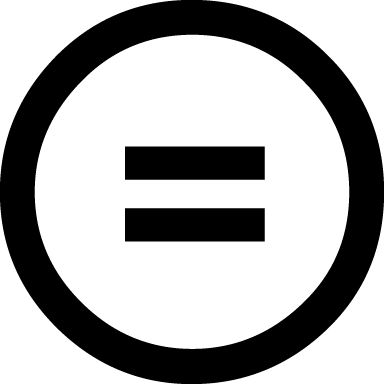
Creative Commons licenses tell users what they can do with an item without permission from the copyright holder (e.g.author/creator/publisher).
For example:
Can users share them?
Translate them?
Repost them on their own websites etc.?
Modify them?
CC has several different licenses, each which permit different uses for readers. The base license is CC-BY (the BY component means that you must provide attribution for any use of the licensed material).
There are three additional possible components to a CC license, which may be combined:
NC (Non-commercial)
SA (Share alike)
ND (Non-derivatives)
Note: The more components you see, the more restrictive the uses allowed to readers
| Condition | Icon | Definition |
|---|---|---|
| Attribution |  |
You must give appropriate credit, provide a link to the license, and indicate if changes were made. You may do so in any reasonable manner, but not in any way that suggests the licensor endorses you or your use. |
| Non-Commercial |  |
You may not use the material for commercial purposes. |
| Share Alike |  |
You must distribute your contributions under the same license as the original. |
| No Derivatives |  |
You may not modify the work (e.g. translations, remixes, etc.) |
See also Creative Commons license chooser tool and Why CC-BY By Claire Redhead.
A couple notes:
Example:
 © [your name]. This work is licensed under a Creative Commons CC-BY 4.0 license.
© [your name]. This work is licensed under a Creative Commons CC-BY 4.0 license.
McGill Libraries • Questions? Ask us!
Privacy notice